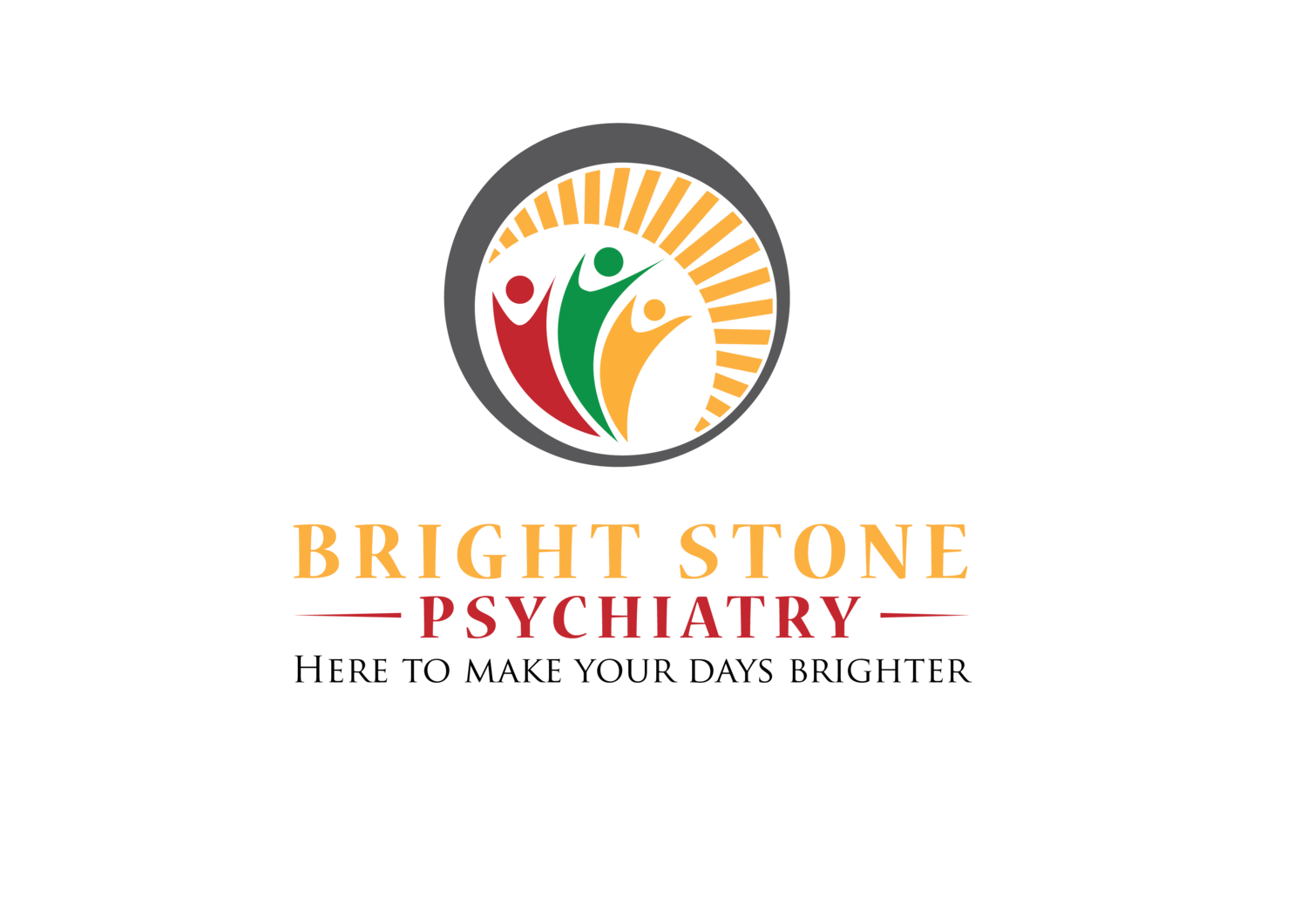July: National Minority Mental Health Awareness Month - A Time for Solidarity and Education
July is National Minority Mental Health Awareness Month, a time dedicated to raising awareness about the unique mental health challenges faced by minority communities. Established to honor the legacy of Bebe Moore Campbell, an author and advocate who championed mental health causes, this month provides an opportunity to shed light on the mental health disparities that affect minority populations and to promote the resources and support available to them.
July Is National Minority Mental Health Awareness Month
The Mental Health Struggles Faced by Minority Communities
Mental health struggles do not discriminate; they affect individuals of all backgrounds. However, minority communities often face additional challenges that can exacerbate mental health issues. These include:
Stigma and Cultural Barriers: Many minority cultures have deeply ingrained stigmas around mental health, making it difficult for individuals to seek help. Cultural beliefs and norms can sometimes discourage openness about mental health struggles.
Economic Disparities: Economic hardships can limit access to quality mental health care. Minority populations are more likely to face economic disadvantages, which can result in inadequate insurance coverage and a lack of affordable mental health services.
Discrimination and Racism: Experiencing discrimination and racism can have profound psychological effects. The stress and trauma associated with these experiences can contribute to mental health issues such as depression, anxiety, and PTSD.
Language Barriers: For non-English speaking minorities, language barriers can hinder effective communication with healthcare providers, leading to misdiagnosis, misunderstanding, and inadequate treatment.
Underrepresentation in Mental Health Professions: There is a significant underrepresentation of minority professionals in the mental health field. This can make it difficult for minority patients to find providers who understand their cultural backgrounds and specific needs.
Brightstone Psychiatry: A Beacon of Hope
At Brightstone Psychiatry, we are committed to breaking down these barriers and providing compassionate, culturally competent care to all individuals. We believe that everyone deserves access to quality mental health care, regardless of their background. Our team is dedicated to offering support and resources tailored to the unique needs of minority communities.
Contact us: Brightstone Psychiatry | Email: Hello@BrightStonePsychiatry.com
How You Can Help
Educate Yourself and Others: Take the time to learn about the mental health struggles faced by minority communities. Share this knowledge with friends, family, and colleagues to raise awareness.
Support Minority Mental Health Organizations: Contribute to or volunteer with organizations that focus on providing mental health support to minority communities.
Advocate for Policy Change: Support policies that aim to reduce mental health disparities and improve access to care for minority populations.
Promote Open Conversations: Encourage open and honest discussions about mental health within your community. Breaking the silence can help reduce stigma and encourage those in need to seek help.
Join Us in Making a Difference
This July, let’s come together to support National Minority Mental Health Awareness Month. By raising awareness and promoting understanding, we can make a difference in the lives of those who often feel unheard. At Brightstone Psychiatry, we are here to listen, support, and provide the care that every individual deserves.
Remember, mental health is just as important as physical health, and everyone deserves the chance to thrive. Let’s make July a month of solidarity, education, and positive change for minority mental health.
For more information or to schedule an appointment, please visit our website at Brightstone Psychiatry or contact us at Hello@BrightStonePsychiatry.com. Together, we can build a more inclusive and supportive community for all.

